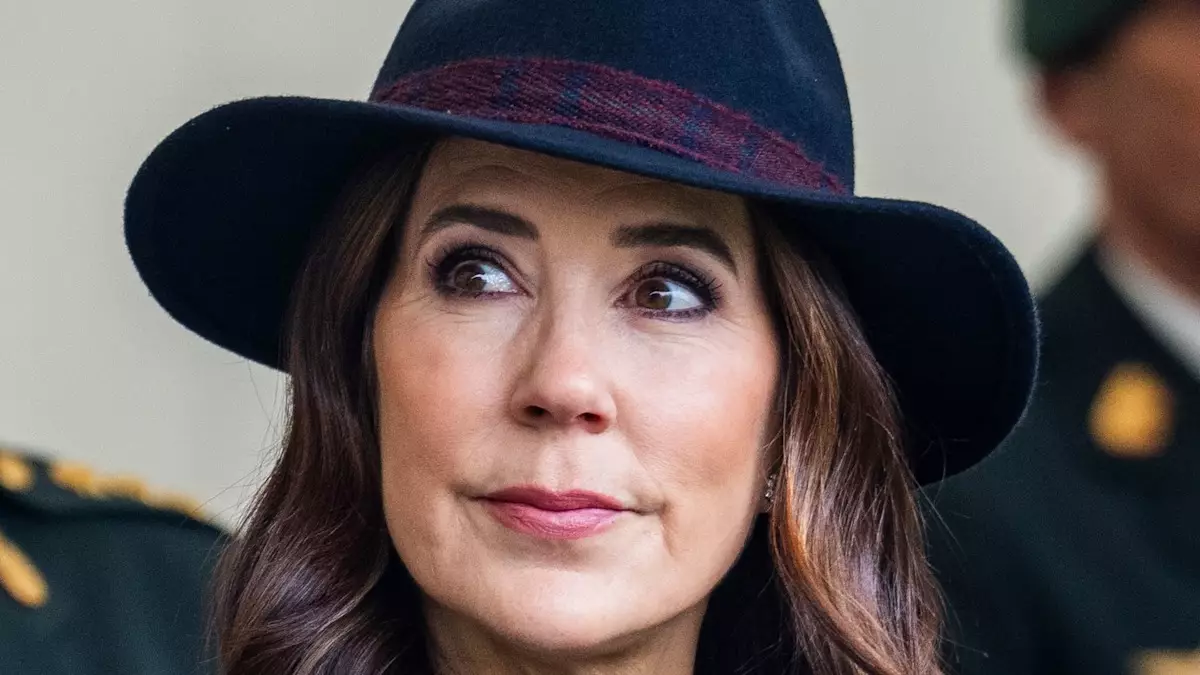This Saturday marks a significant moment for the Danish royal family as Queen Mary of Denmark embarks on a solitary journey to attend the funeral of Pope Francis, a revered figure who dedicated his life to faith and service. The decision for her to attend independently, while King Frederik is engaged on state matters in Japan and Greenland, exemplifies both her commitment to royal duties and the gravity of the occasion. It is a rare yet telling scenario that reflects on the evolving dynamics of contemporary monarchies, where roles are often shared or divided, providing each member a platform to shine in their capacity.
Queen Mary, who has emerged as a prominent figure in the Danish royal family, will be present at St. Peter’s Square in Vatican City amidst numerous world leaders and royals, including Prince William representing Britain. The air will be thick with reverence as dignitaries gather to pay their respects to a pope whose influence transcended religious boundaries. Pope Francis, who passed away at the age of 88, will be remembered for his compassionate approach and progressive vision, marking a poignant chapter in the history of the papacy.
A Reflective Tribute to a Revered Leader
Pope Francis’s service to the Catholic Church spans twelve years, during which he has become a beacon of hope for many. His death on Easter Monday resonates deeply with global communities and is not just a loss for Catholics but for individuals of all faiths and backgrounds who looked up to his message of love and inclusiveness. Queen Mary’s attendance signifies not only her respect for the pontiff but also Denmark’s broader diplomatic stance toward the Vatican and the values both institutions uphold.
The recent update from the Danish royal family’s official website captured the significance of this moment: “Her Majesty the Queen will attend the Funeral Mass for His Holiness Pope Francis.” This statement is not merely procedural; it highlights Mary’s role as a global figure who stands in solidarity with world leaders during moments of collective grief and commemoration. In an age where, increasingly, international relationships hinge on mutual respect and compassion, her presence will undoubtedly make a statement to observers at home and abroad.
The Unfolding Narrative of Royal Duties
As King Frederik tends to his obligations in Japan and Greenland—meetings with dignitaries and exploring advancements in sustainable practices—Queen Mary’s solo mission underscores a growing trend within royal families where individual monarchs step out of their partners’ shadows to take on significant international roles. Streamlining their public obligations, royals are redefining what it means to be a monarch today, showcasing not only unity but also the strength in independent representation.
This transition is essential in changing perceptions around monarchy. Far removed from the traditional historical interpretations that depict royal life as largely ceremonial, today’s royals engage with pressing global issues—from climate change to international diplomacy. Queen Mary’s solo attendance at such a high-profile event reaffirms her place as a steadfast figure within her own right.
The Global Royal Landscape
The congregation of various royals at the papal funeral, including the likes of King Felipe and Queen Letizia of Spain, and King Philippe and Queen Mathilde of Belgium further emphasizes the strong bonds that link modern royalty. Their joint presence at a solemn event signifies a collective acknowledgment of shared values that transcend national separation. In this way, the royal duties of Queen Mary are deeply intertwined with diplomatic relations, serving as potent symbols of stability and unity in uncertain times.
Notably, the absence of King Charles from attending the papal funeral, while a departure from tradition, underscores a new era in monarchy where the younger generation, like Prince William, take on significant roles. Following the precedent of Queen Elizabeth II, who never attended a papal funeral, this shift may redefine engagements between the British monarchy and the Vatican. Prince William’s attendance, charged with representing his father, highlights his growing importance as an emerging global statesman ready to navigate the complexities that arise.
The journey Queen Mary embarks on is thus more than a mere royal obligation; it is a significant stepping stone towards forging relationships and dialogue across cultures and nations, all while marking a pivotal moment in royal history—a testament to the evolving tapestry of monarchy in the 21st century.

